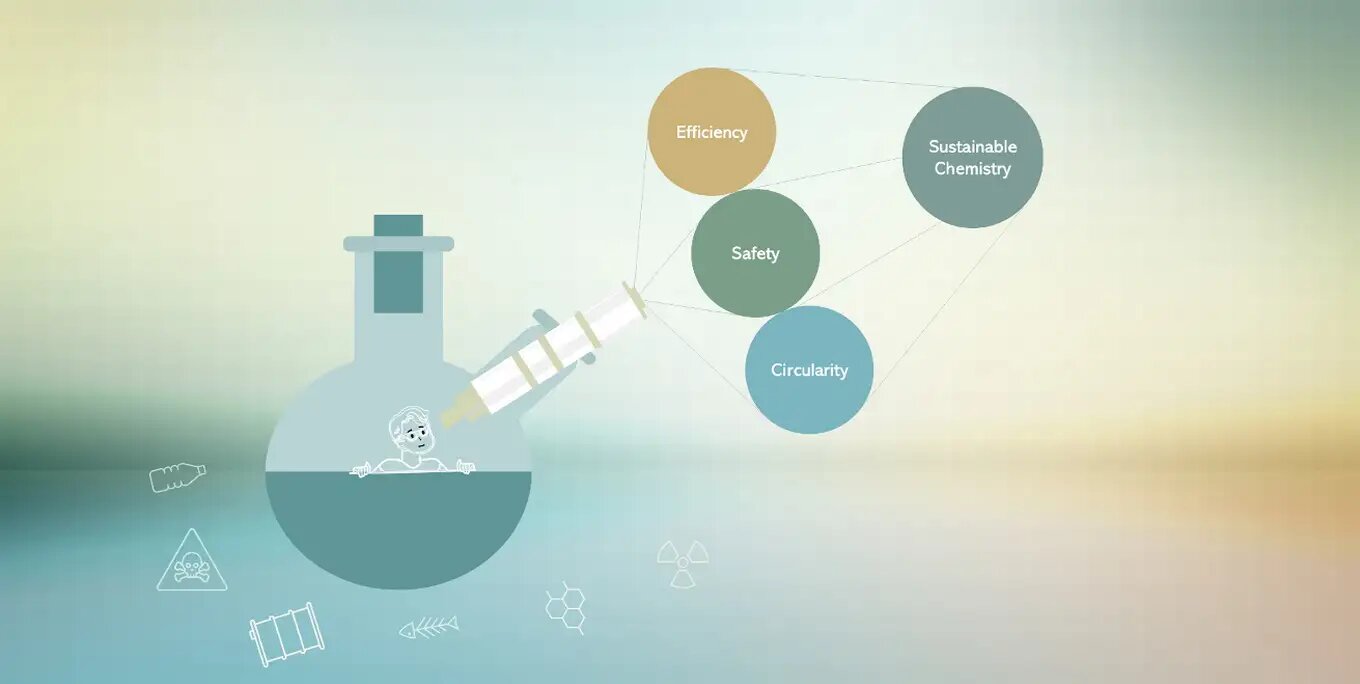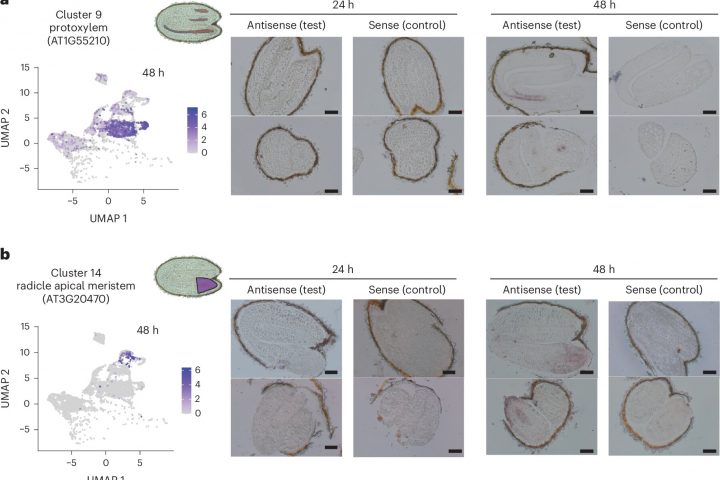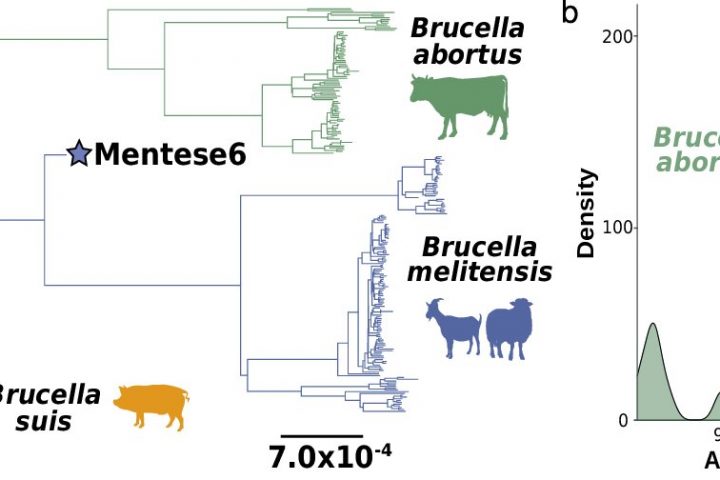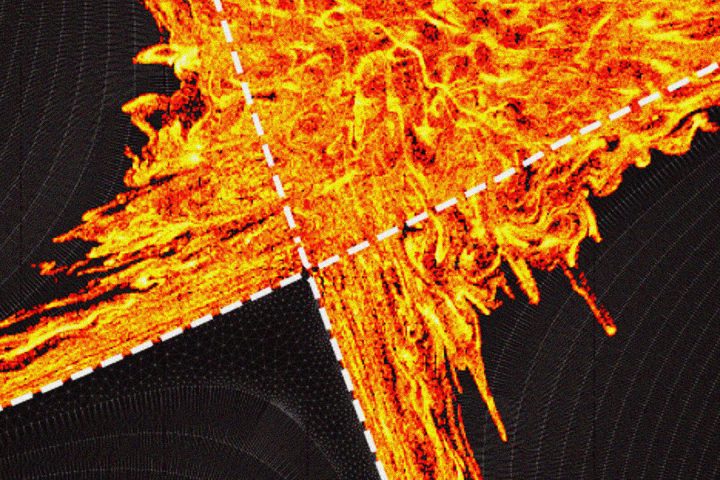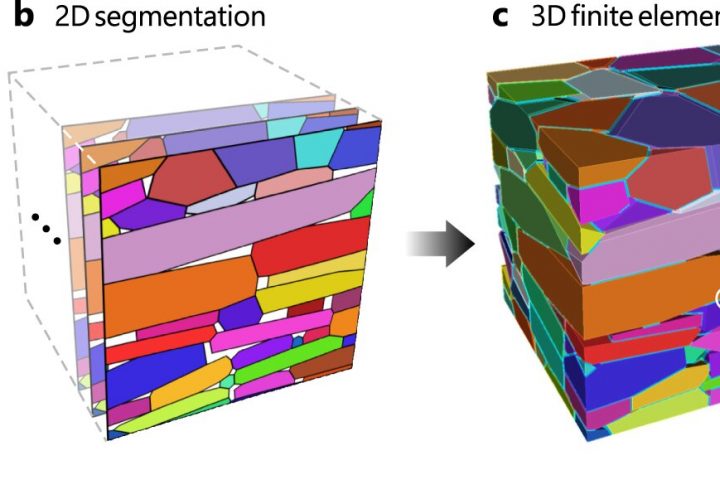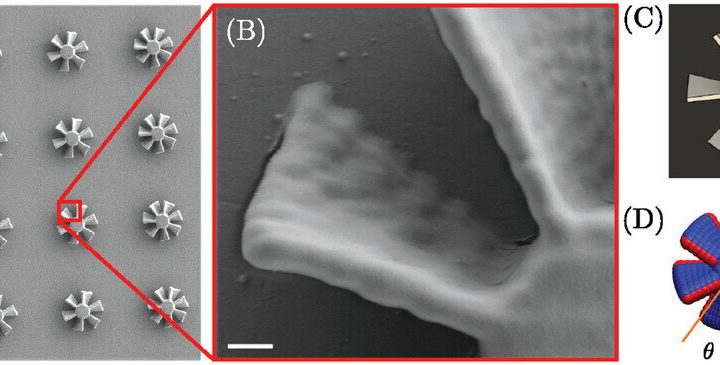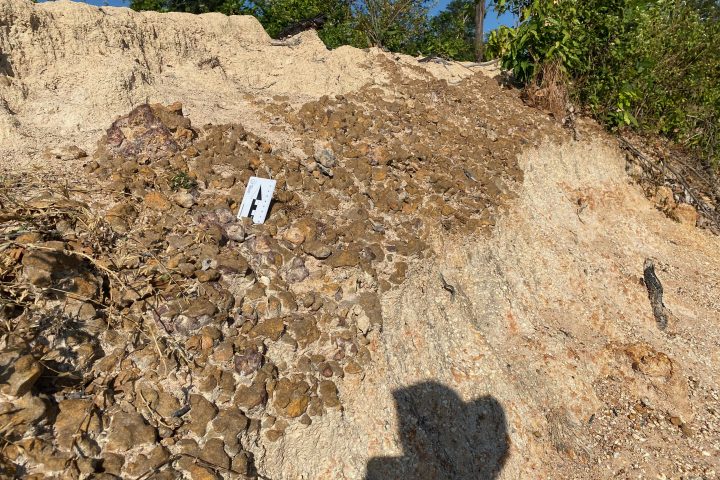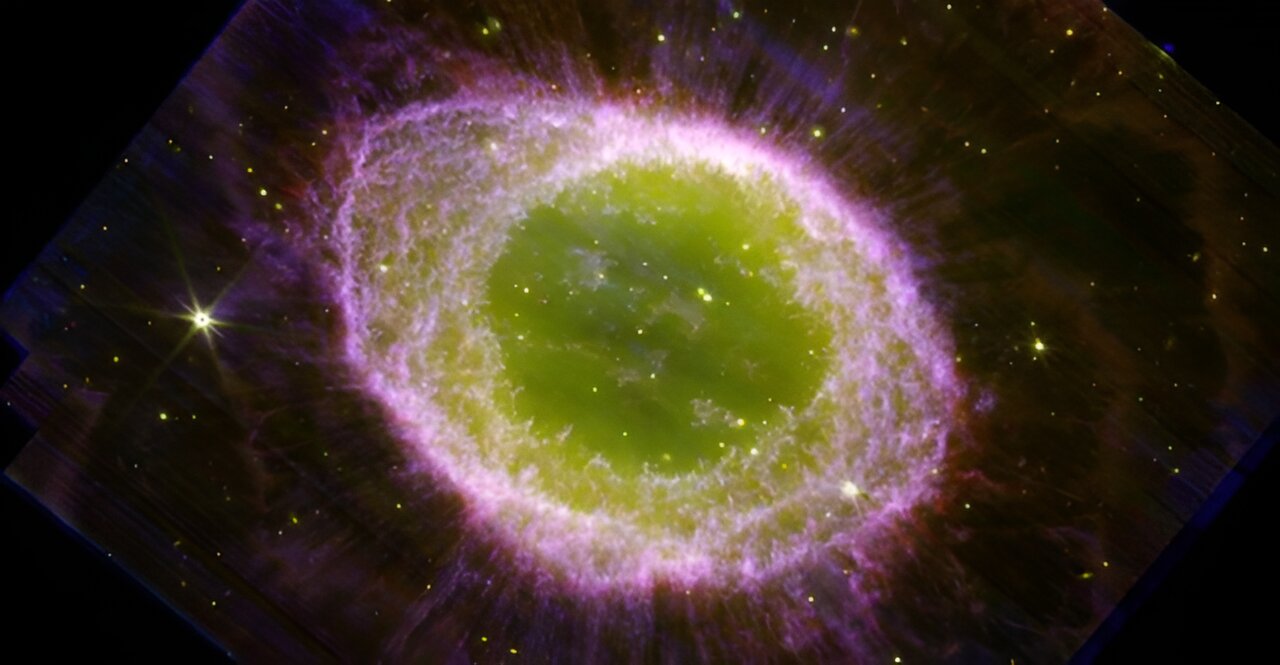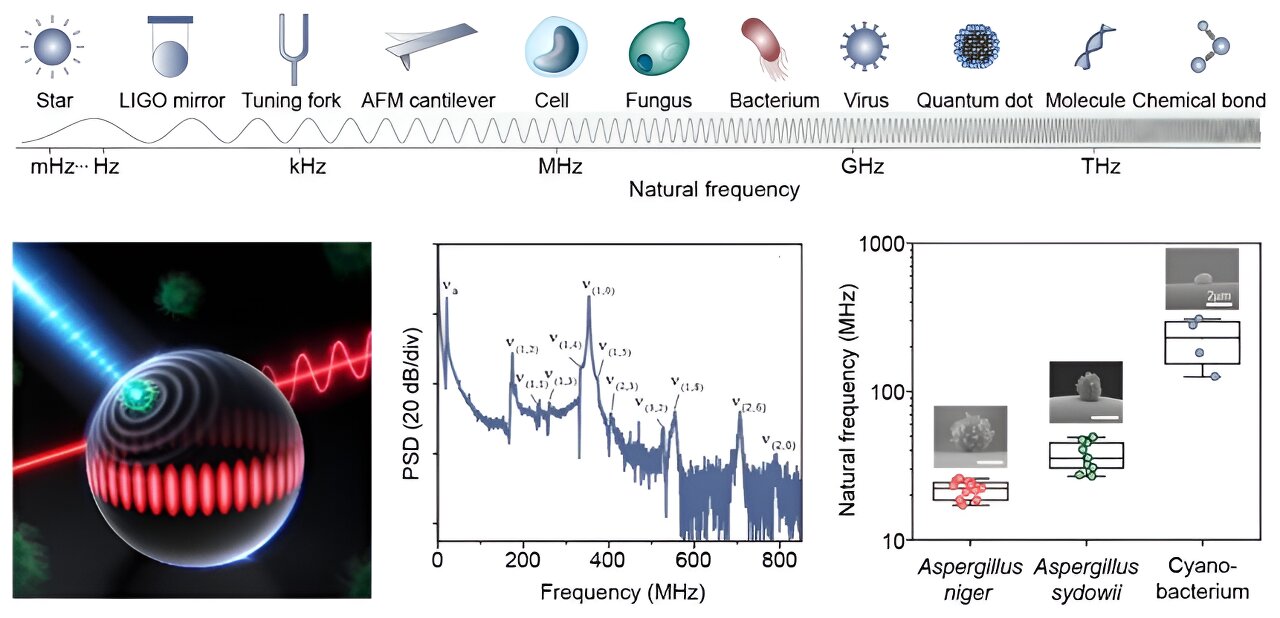In a thought-provoking comment in Nature Reviews Chemistry, Ph.D. student Hannah Flerlage and associate professor Chris Slootweg of the University of Amsterdam’s Van ‘t Hoff Institute for Molecular Sciences argue that modern day chemists need to broaden their horizons and consider the effects of chemistry “beyond the reaction vessel and the fume hood.” They believe that in order to combat environmental crises and achieve true sustainability, chemistry must prioritize efficiency, safety, and circularity.
Modern chemistry is “quite literally rubbish,” Flerlage and Slootweg write, as it facilitates the path of matter from extraction to pollution. All sorts of waste, both stemming from chemical manufacturing processes and from their often short-lived end products, have resulted in human health problems and environmental disasters at varying scales.
Admittedly, over the past decades more and more sustainable synthetic methods have become available, minimizing or even eliminating the use of hazardous substances and waste. But, Flerlage and Slootweg rhetorically ask, is chemistry there yet? Their answer: “Not at all.”
In their view, chemists have to start looking beyond “cool molecules” and “awesome chemistry.” While creating aesthetically pleasing molecules can be fun and rewarding, it overlooks the role of chemistry in the modern world. They highlight the example of perfluorocubane, a molecule designated “Molecule of the Year” in 2022. Despite its synthesis being a stellar achievement, its structure suggests that it will persist in the environment and bioaccumulate.
Flerlage and Slootweg argue that modern chemistry needs to prioritize environmental concerns from the start, considering it unethical to develop chemistry that leads to chemical pollution. They call for an end to poorly designed compounds, particularly “forever chemicals” like per- and polyfluorinated alkyl substances and brominated flame retardants.
Systems thinking
Chemistry is not just about creating novel molecules; it is the science of the transformation of matter. Flerlage and Slootweg emphasize the responsibility to develop safe chemistry and chemicals that use the world’s resources effectively and improve sustainability. They advocate for an approach of systems thinking, recognizing sustainability as an emergent property and understanding the molecular basis of sustainability. This means considering renewable resources, reducing production waste, and evaluating the life-cycle environmental footprints and overall environmental implications of chemicals.
As an example, Flerlage and Slootweg mention drop-in bio-based polymers like bioPE, made from bioethanol. While these polymers reduce the use of fossil resources, they do not improve recyclability or biodegradability, contributing to plastic pollution.
More challenging, more rewarding
In their paper, Flerlage and Slootweg advocate for a triple focus on efficiency, safety, and circularity in both chemical processes (synthesis) and products (chemical structure). They describe these core values as the paradigms of green chemistry, safe and sustainable-by-design, and circular chemistry. They believe that complying with all three simultaneously is essential for chemistry to make a real contribution to sustainability.
All of this will make chemistry more challenging, but also more rewarding, according to Flerlage and Slootweg. They urge chemists to broaden their horizons and consider the impact of their chemistry beyond the lab. How do the molecules and materials they create interact with industrial systems, society, and nature? They believe that chemistry can only have a positive impact on sustainability when it fully embraces circular design, life-cycle thinking, human and environmental toxicology, and environmental and social impact assessment.
